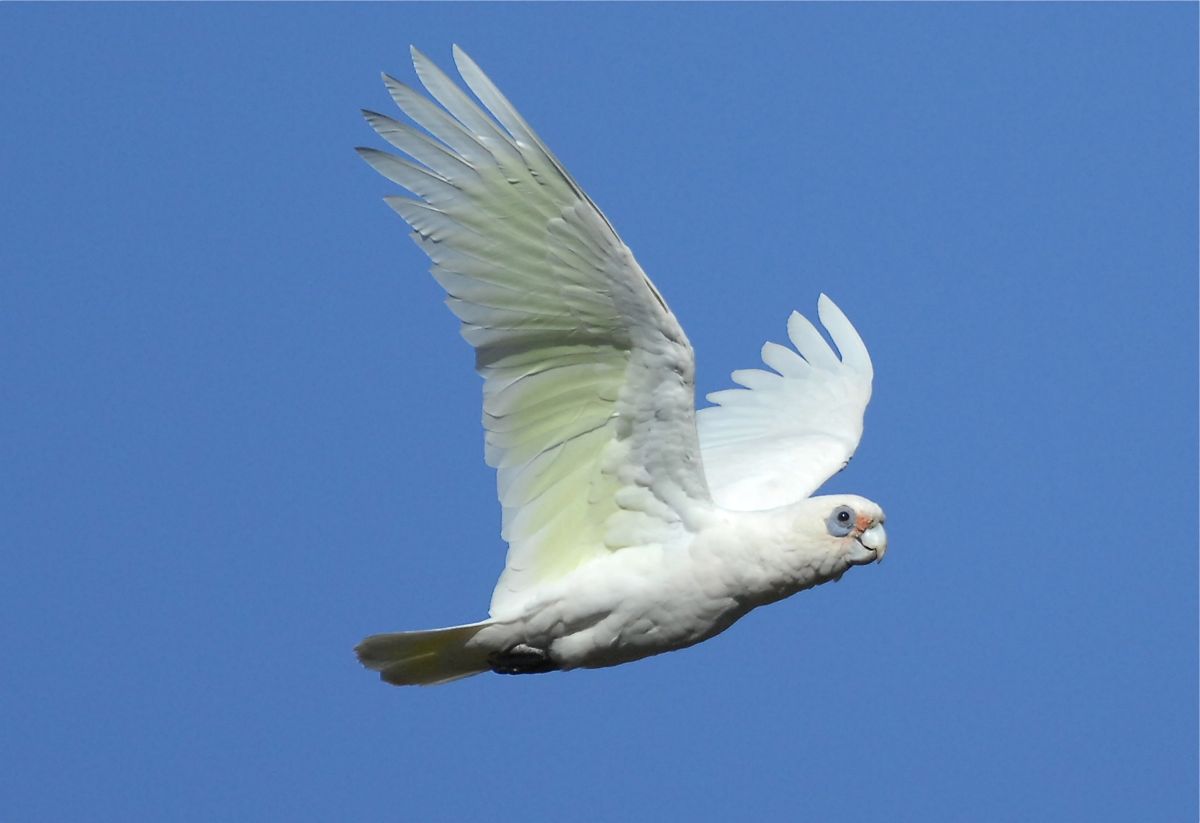Published on Friday, 28 April 2023 at 4:00:00 PM

Little Corellas are listed as a managed fauna in the Biodiversity Regulations 2018, as they are a complex recognised problem in many areas of Western Australia – including here in Toodyay.
They are highly intelligent birds that have a long-term memory and use regular flight paths to return to areas with reliable sources of food and water. They feed mainly on grains and grass seeds, but also on bulbs and fruits; and rely on water from lakes, troughs, dams, tanks, creeks and rivers, all freely available within the Shire.
The damage caused by Little Corellas is seasonal, mainly occurring from late October through to April (depending on the season). It is not uncommon to find flocks of 200-500 birds in the Shire during this time, creating great difficulties in management. The Little Corella is a very adaptable bird and quickly becomes used to various management techniques.
a
What we’re doing to manage the local Corella population
Currently, Shire Rangers are:
- Engaging gun clubs and hiring professional shooters;
- Equipped with firearms and dispersing blanks as a deterrent;
- Using visual and audio devices as additional deterrents;
- Investigating trapping methods; and
- Continuing to find suitable control sites within Shire boundaries.
We are not using techniques such as poisons or anaesthetics, as these are deemed ineffective and also present a risk to non-target animals.
a
What you can do on your property
There are a range of measures you can take to reduce the number of Corellas on your property, and decrease potential damage/destruction they may cause:
- Protect or cover any open water sources that might attract Corellas;
- Place netting on any fruit trees or large trees that may be used for roosting;
- Make noise to move any Corellas away (e.g. blowing a whistle, “shooing”, tapping tree trunks, using clap boards, downloading a bird repellent sound app) and disrupt roosting (please consider your neighbours if using noise as a deterrent);
- Shine a bright light or torch into roosting flocks at night;
- Plant native species that are not favourable to Corellas; and
- Refrain from feeding any birds.
a
If you have any questions or would like further information, please contact the Rangers on 9574 9370.
a
Back to All News